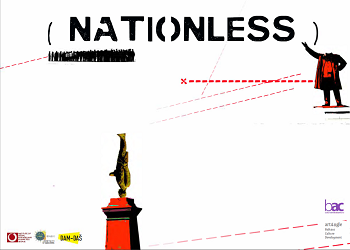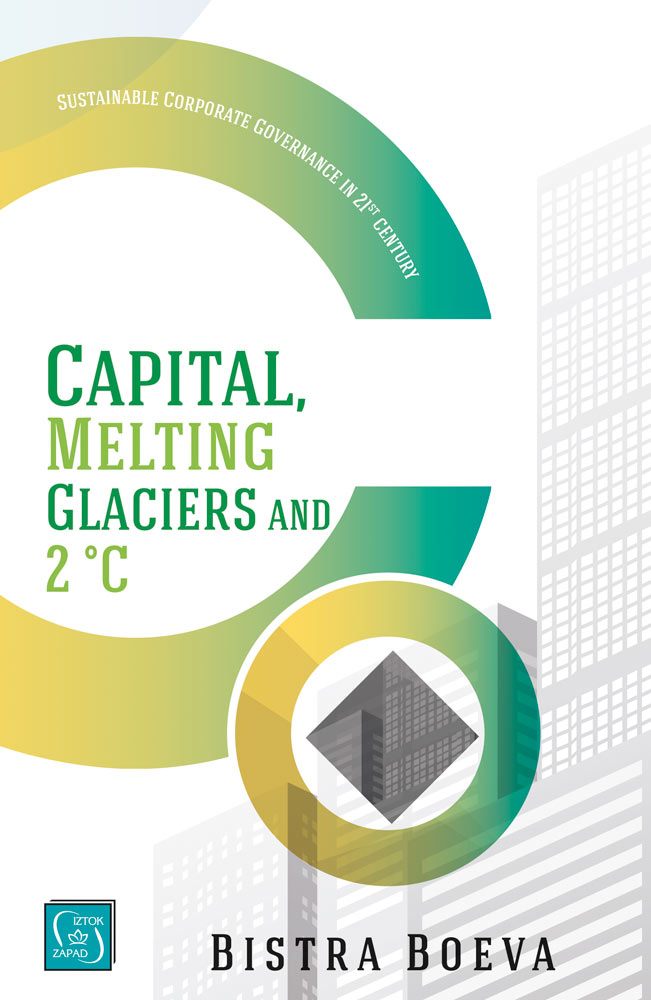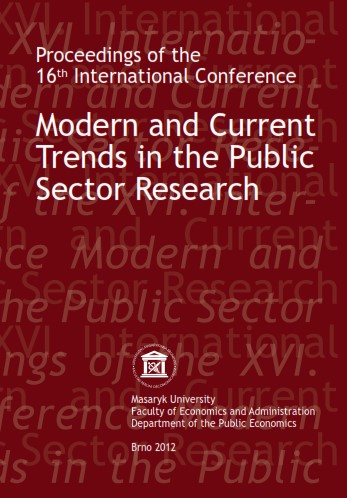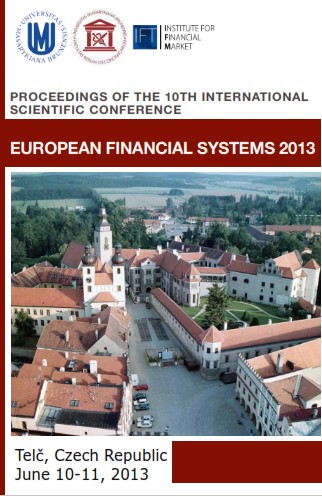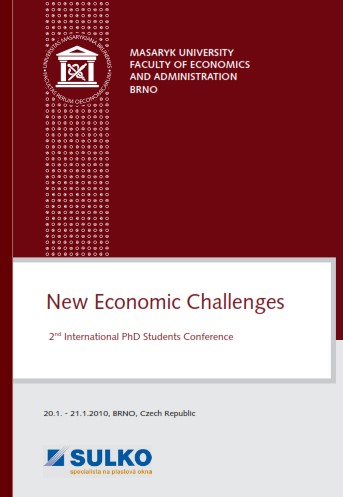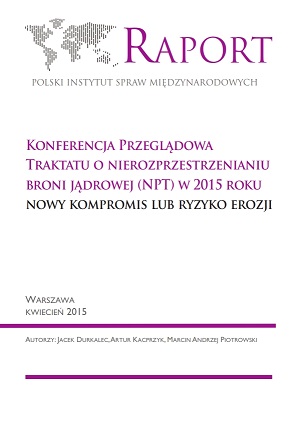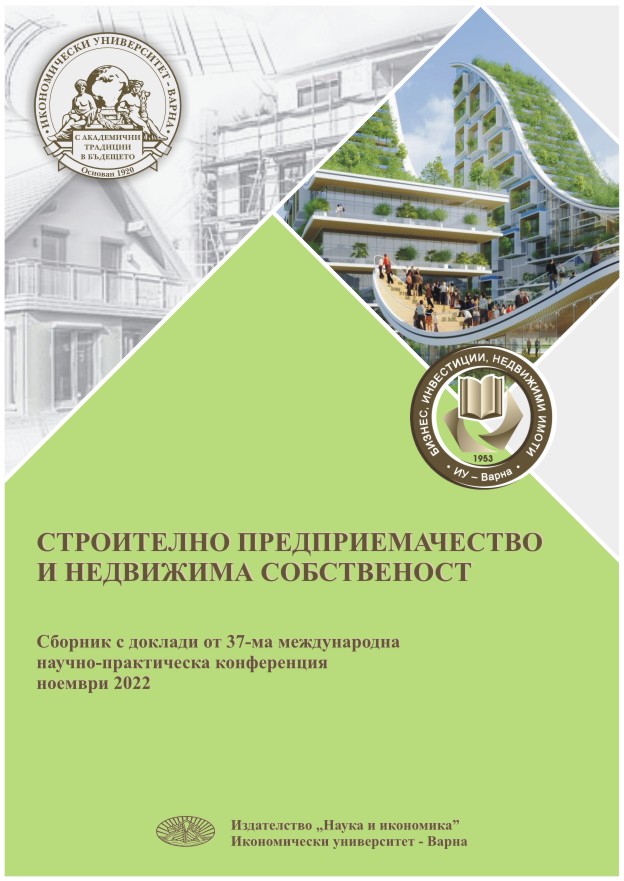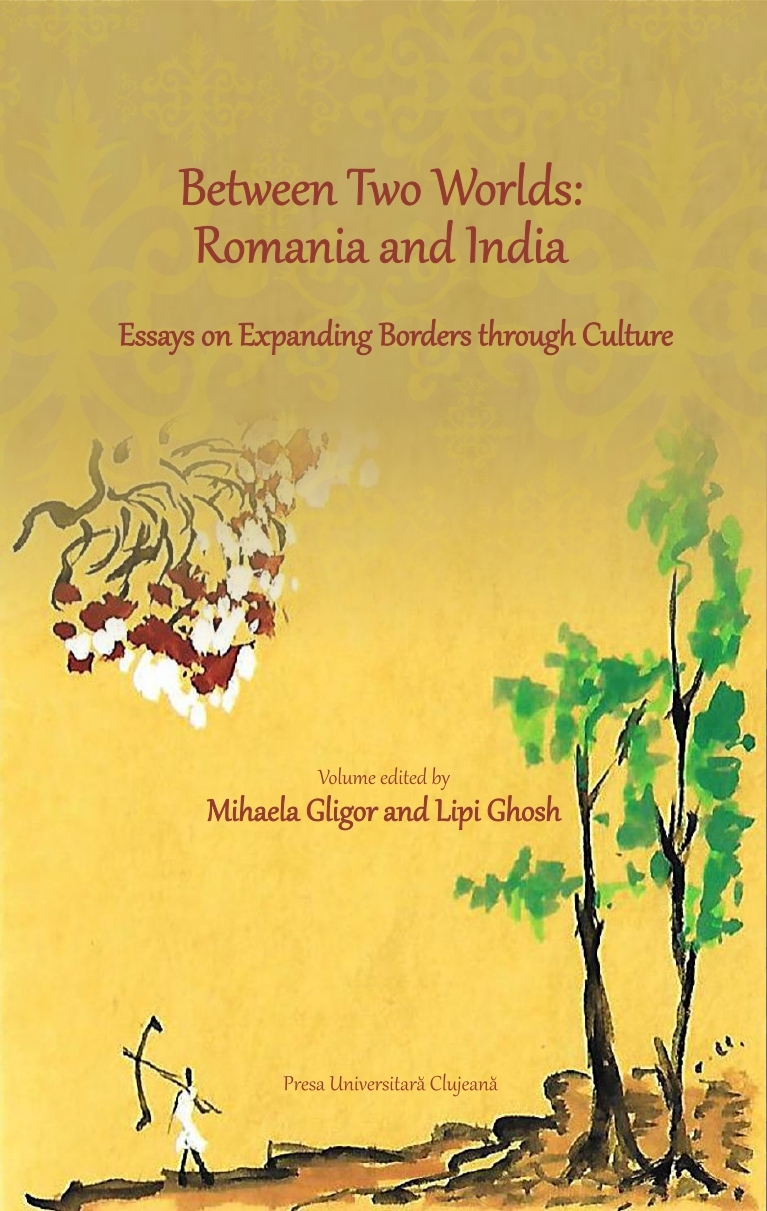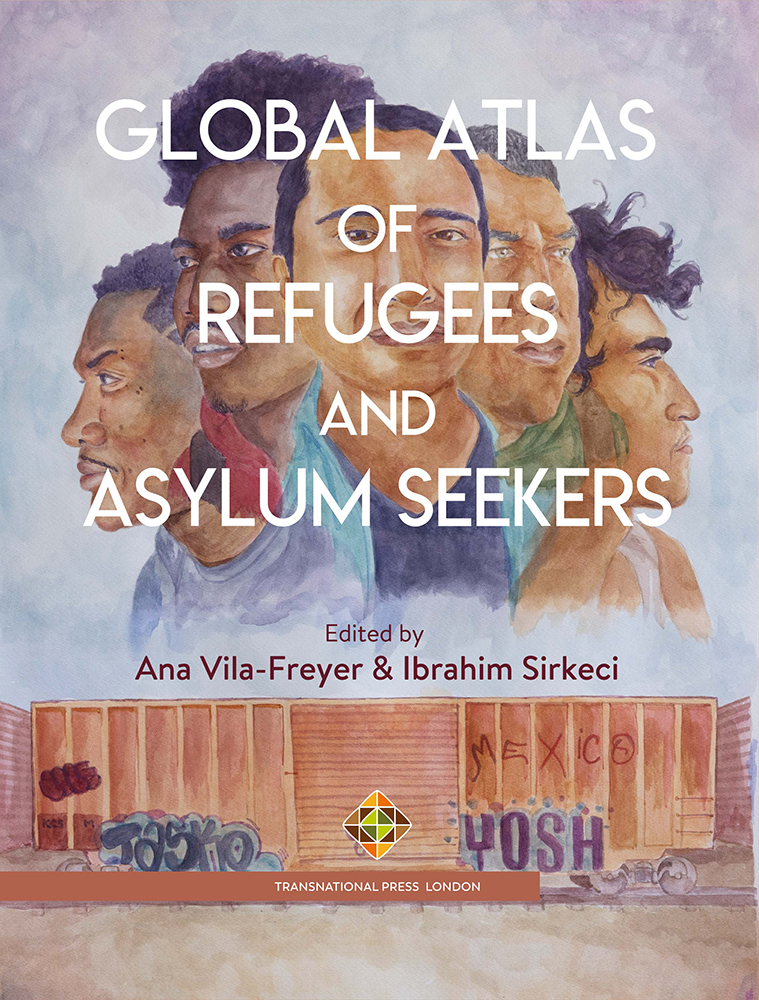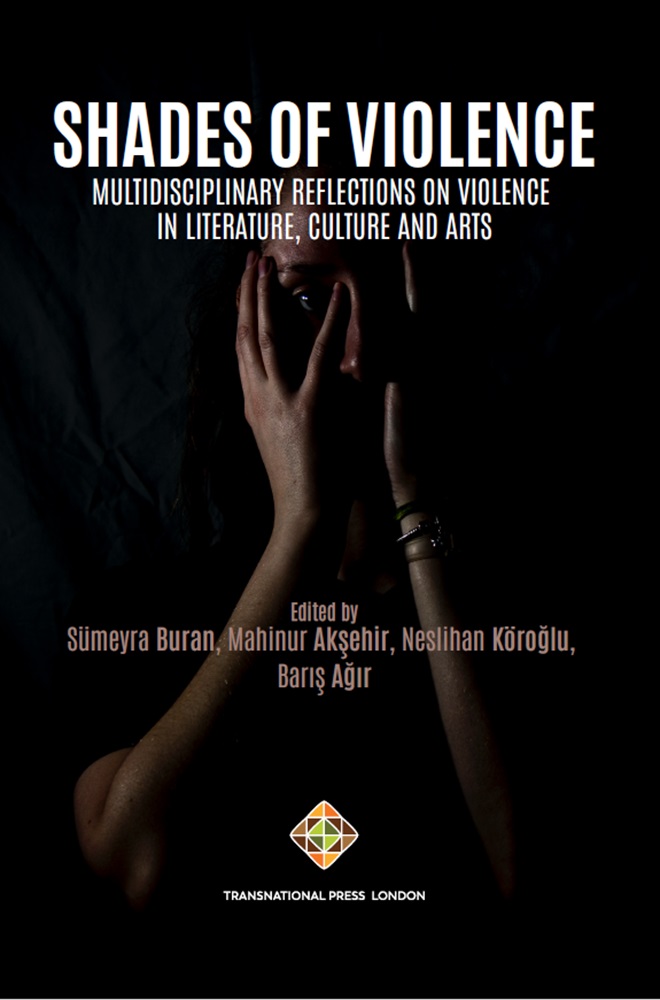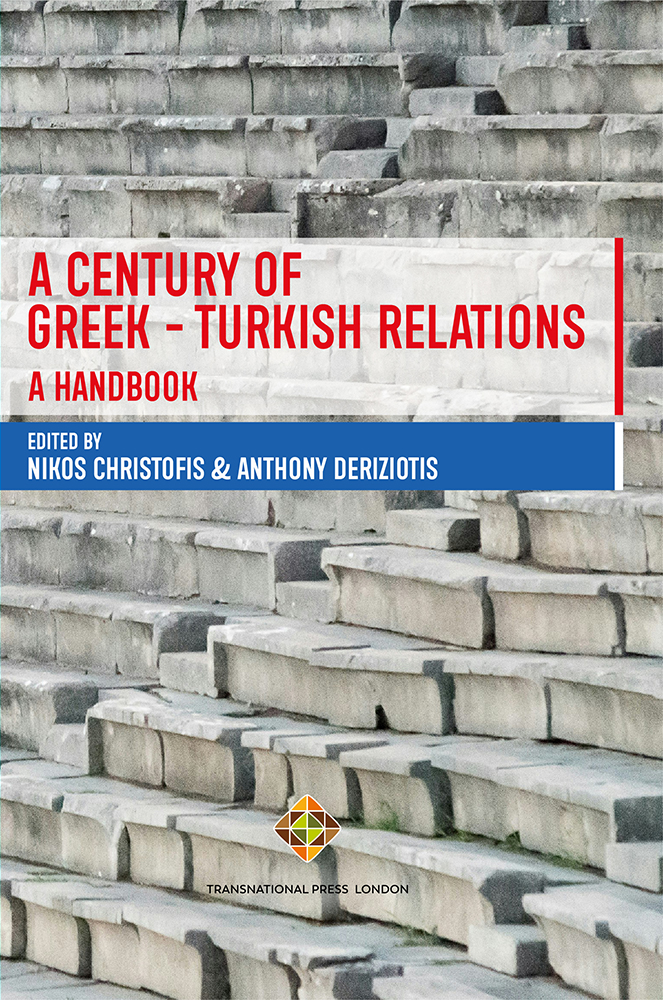Author(s): / Language(s): English
Dive into the intricate and globally significant topic of asylum and refugees with the “Global Atlas of Refugees and Asylum Seekers.” This compelling collection of essays, curated by a diverse group of renowned scholars, offers an extensive exploration of migration patterns, paradigms, and lessons from around the world. As you journey through the chapters, you’ll gain unique insights into how countries have responded to the unprecedented refugee crisis, examining notable cases such as Costa Rica, the United States, Canada, Chile, Mexico, and many more. Discover the complexities of asylum systems and the changing landscapes of migration policies in nations as diverse as Bulgaria, Italy, Germany, Greece, Sweden, Spain, and North Macedonia. Delve into the geopolitical implications of seeking refuge and asylum, with a comprehensive analysis of the Palestinian diaspora and an exploration of Pakistan, India, Turkey, and the communitarian-based strategy in refugee laws.This essential compendium provides a comprehensive understanding of the intricate dynamics and global challenges surrounding asylum and refugees. With its diverse range of topics and expert contributors, the “Global Atlas of Refugees and Asylum Seekers” is a valuable resource for anyone interested in the complexities of global migration and the policies that shape the lives of those seeking refuge.“The authors of this book identify two main paradigms shaping states’ narratives regarding asylum seekers and refugees. Along the horizontal axis, discourses range from national security to humanitarian aid. On the vertical axis, they extend from the pursuit of ideals, as traditionally defined for refugees and asylum seekers, to personal survival due to economic, climate-related crises, family violence, gender violence, or organized crime. This shift, as highlighted in the chapter on Germany by Professor Knerr, is altering the original vision of agreements that stemmed from post-World War II Europe.Finally, the rise of populist and authoritarian states in Latin America, which cannot be solely explained by repressive authoritarianism but rather create conditions of difficult survival for their nationals, is exerting additional pressures. Additionally, religiously motivated civil wars, such as those in Afghanistan, Iran, and Syria, pose complex challenges. Should countries reconsider the principles on which they are acting?Less obvious is the role of migration and refugee policies in influencing asylum seekers’ choice of their future destination. Many authors mention support networks and family ties as factors influencing refugees and asylum seekers’ decisions to leave their countries and select their destination. However, it remains unclear whether these networks operate in the same capacity as support networks for irregular migrants. Many chapters raise issues that have received little attention, primarily because of the focus on refugees and asylum seekers as agents. These issues include the reasons prompting the decision to leave one’s country of origin, who must leave, the influence of family or social support networks on this decision, their role in selecting possible settlement locations, and the role of civil society organizations in supporting and guiding these decisions. This is especially crucial considering that unaccompanied children represent 30-35% of asylum applicants. The chapters in this Global Atlas provide an overview of refugee and asylum regimes to enhance understanding and better plan for the ongoing and future challenges of human mobility.”
More...





